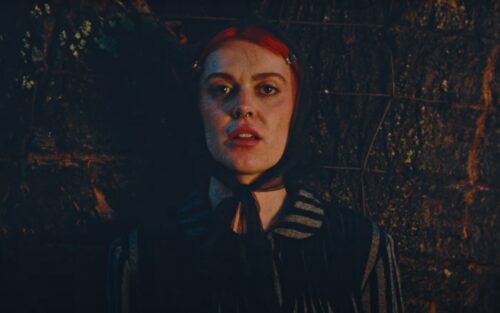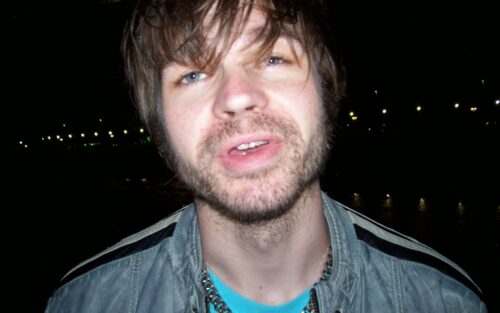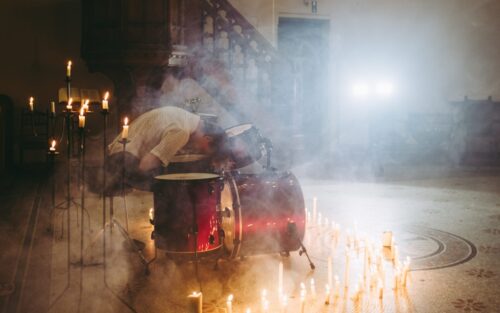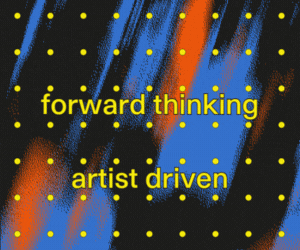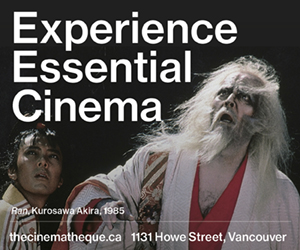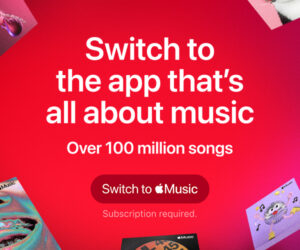Propagandhi vs. the Prevailing Order
Frontman Chris Hannah confronts the contradictions of seeking serenity while raging against a broken world.
By Johnny Papan
Photo by Sarah Mac
- Published on
Over time the band’s style erupted into darker, thrashier soundscapes while still staying true to their punk-rock foundation. Frontman Chris Hannah’s voice grew louder and more poetic in railing against the elite-benefiting system and, for the most part, each new album would represent the band’s growing resentment of a world that only seems to be getting worse.
“I’ve been predisposed to having a bad reaction to watching powerful people beat up on less powerful people,” says Hannah from his warmly lit home-studio in Winnipeg. Sporting a blue Toronto Maple Leafs hat, his studio is decorated in guitar amps, books, some tools and a large poster of the 1989 science-fiction film Communion, which plasters the image of an alien’s face atop a starlit sky over New York City.
Hannah also brings attention to two books on his desk: One Day Everyone Will Have Always Been Against This by Omar El Akkad and Being Jewish After the Destruction of Gaza: A Reckoning by Peter Beinart. Both writings express the authors’ personal experiences, perspectives, and thoughts in relation to the war in Gaza, as well as other societal commentary. Hannah explains that these books uplift him, as the authors express emotions he struggles to articulate himself.
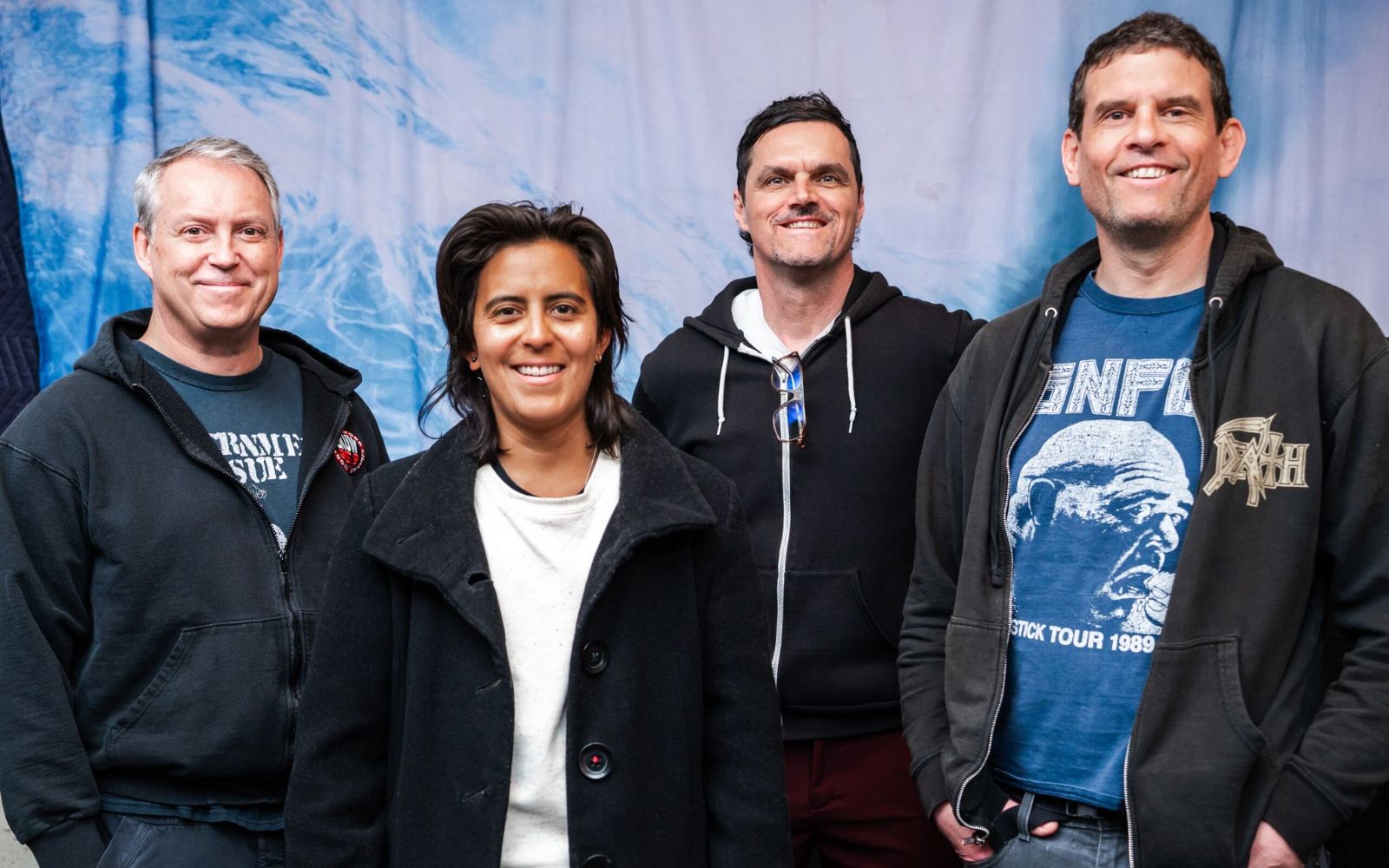
Photo by Dwayne Larson
Formed by Hannah and drummer Jord Samolesky in 1986, Propagandhi’s name fittingly blends the terms “propaganda” and “Gandhi,” contrasting an often misinformative strategy for political advancement with the name of a prominent historical figure known for challenging unethical government actions through peaceful, impactful protest. This artistic juxtaposition is prevalent on the band’s new album, At Peace.
The term “at peace” instills feelings of serenity, yet the album artwork depicts a violent war between American soldiers and Indigenous tribes. It’s an eclectic mix of grievances and melancholy blared through heavy, speeding instrumentation and at times sombre melodies. “Guiding Light”, which was written and sung by bassist Todd Kowalski, opens the album with a doom metal-esque riff, sonically expressing the band’s bleak state of mind as they call this so-called “guiding light” vile and miserable. Again, they juxtapose something serene with, this time, disgust.
Hannah explains that the band was musically tapping into the spiritual essence of Judas Priest’s 2018 album Firepower, trying to weave its high-octane energy with his own dark lamentations. At Peace is about Hannah’s struggles with staying true to his values while finding peace in the world today.
“It’s sort of like a half sardonic record title obviously,” he says. “It contrasts with the cover art, it contrasts with some of the lyrical content. At the same time, I do have an earnest urge to somehow find peace in this increasingly disastrous global society. Do I go the way of Eckhart Tolle and accept things that are unacceptable? Or do I go the other way, do what I think should be done, probably end up in jail, but be at peace with myself that I lived a meaningful life?”
The band’s new single “Cat Guy” continues the thematic contrasts explored on At Peace. The tongue-in-cheek lyric video features a montage of cute cats while the grim, almost surrealist lyrics, seemingly about the weight of moral choices, pop on screen. Hannah confirms the writing was stylistically inspired by SNFU frontman, the late, great Mr. Chi Pig.


“Maybe the album is a subconscious reflection of the rollercoaster of existence,” says Hannah. “I’m so shielded by privilege and have so much potential for joy, but at the same time, it emphasizes the despair I feel. With the ‘Cat Guy’ video, dark lyrics over funny cat footage, it was a way to cast the net a little further, but also shows that weird subconscious balancing act I have between despair and lightness.”
It seems that Hannah’s hopefulness about world peace is diminishing. While Propagandhi has had no shortage of things to be angry about since their inception, Hannah, back then, felt like change would one day come.
“Pre-9/11 activism had this feeling of expansion, like change was imminent,” he explains. “9/11 sucked all that out. The appetite for mass mobilization disappeared. Now it’s so much more factionalized, splintered and, in some ways, demented. The internet culture has made it difficult to organize in the same way as before.”
At Peace is not only a political record, it also seems to be a very personal one for Hannah. The album is screeching with the very personal effects modern society is having on him and his conflicting feelings of trying to be joyous amidst the chaos, all while acknowledging his own placement and privileges in society.
“It has to be both personal and political,” Hannah concludes. “Every band is a political band. Even if you choose to say nothing, that is a political choice. You are deferring to the prevailing order. So that is a highly political act.”
By Stephan Boissonneault
Nate Amos revisits a decade of stray ideas and turns them into his most compelling record yet.
By Khagan Aslanov
Mike Wallace’s electro-punk project premieres the hypnotic, percussion-driven video for "Certain Days."

